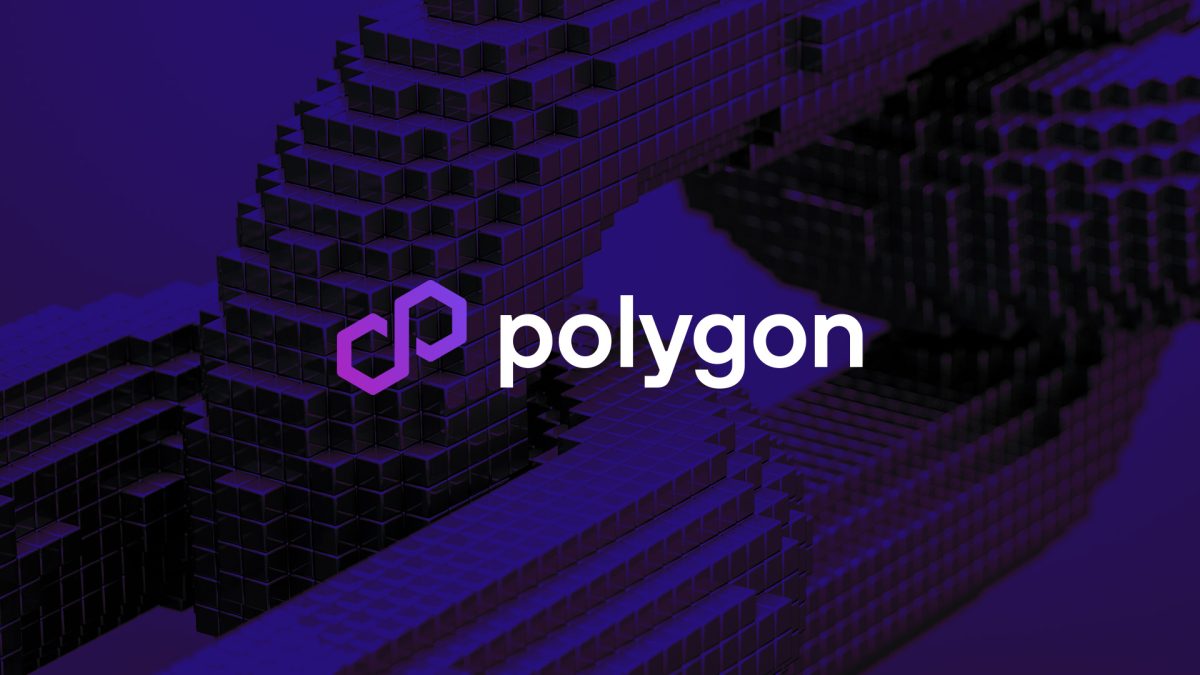Polygon rolls out hard fork to address finality bug causing transaction delays
Quick Take The Polygon Foundation confirmed that a hard fork intended to resolve a finality issue “has been successfully completed.” On Wednesday, Polygon PoS experienced 10–15 minute delays in recording block “milestones” after a bug was detected.

The Polygon Foundation confirmed that a hard fork intended to resolve a finality issue "has been successfully completed" on Wednesday.
"Checkpoints are going through and consensus finalization has been fully restored on Polygon PoS," the team behind the major Ethereum Layer 2 network said on X , adding that transactions and state sync are "processing normally."
"We will continue to monitor the network closely to ensure everything continues to remain stable. Thank you for your patience!" the team added.
According to the announcement, the transaction finality issue was resolved after rolling out a fork for v2.2.11-beta2 for Bor, Polygon’s block production layer, and v0.3.1 for Heimdall, the proof-of-stake network’s consensus and validation coordination layer.
The hard fork, initiated to resolve the disruption in Polygon's PoS network where a bug in the node software caused delays in local fast finality, was officially implemented at 3 p.m. UTC, Polygon Labs said. "We will continue to monitor the network to ensure all issues all resolved. Thank you for your patience," it added.
Polygon refers to its “local fast finality,” i.e., a measure of deterministic state on the L2 network itself, as "milestones." While checkpoint finality on the Ethereum mainnet remained active, these milestones were lagging by 10–15 minutes, impacting validator synchronization and slowing down transaction confirmations.
It is unclear what caused Wednesday's network issues. The Block reported earlier that the chain was continuing to process transactions and produce blocks.
Finality refers to the point at which a transaction is considered irreversible after validators reach consensus regarding the L2’s state. Blocks can keep arriving every few seconds, but until finality is reached, there is a small risk of reorganization or rollback.
Polygon revealed an updated Heimdall v2 earlier this year, aimed at improving stability and validator coordination and clearing old technical debt from 2018-2019. Weeks after that upgrade, which was called its "most technically complex" hard fork since 2020, the network suffered an hour-long disruption in finality.
POL, Polygon’s native token, dipped as low as 4% amid the finality delay, though it has since rebounded, according to The Block's price page .
Disclaimer: The content of this article solely reflects the author's opinion and does not represent the platform in any capacity. This article is not intended to serve as a reference for making investment decisions.
You may also like
Decoding VitaDAO: A Paradigm Revolution in Decentralized Science

Mars Morning News | ETH returns to $3,000, extreme fear sentiment has passed
The Federal Reserve's Beige Book shows little change in U.S. economic activity, with increasing divergence in the consumer market. JPMorgan predicts a Fed rate cut in December. Nasdaq has applied to increase the position limit for BlackRock's Bitcoin ETF options. ETH has returned to $3,000, signaling a recovery in market sentiment. Hyperliquid has sparked controversy due to a token symbol change. Binance faces a $1 billion terrorism-related lawsuit. Securitize has received EU approval to operate a tokenization trading system. The Tether CEO responded to S&P's credit rating downgrade. Large Bitcoin holders are increasing deposits to exchanges. Summary generated by Mars AI. The accuracy and completeness of this summary are still being iteratively improved by the Mars AI model.

The central bank sets a major tone on stablecoins for the first time—where will the market go next?
The People's Bank of China held a meeting to crack down on virtual currency trading and speculation, clearly defining stablecoins as a form of virtual currency with risks of illegal financial activities, and emphasized the continued prohibition of all virtual currency-related businesses.

